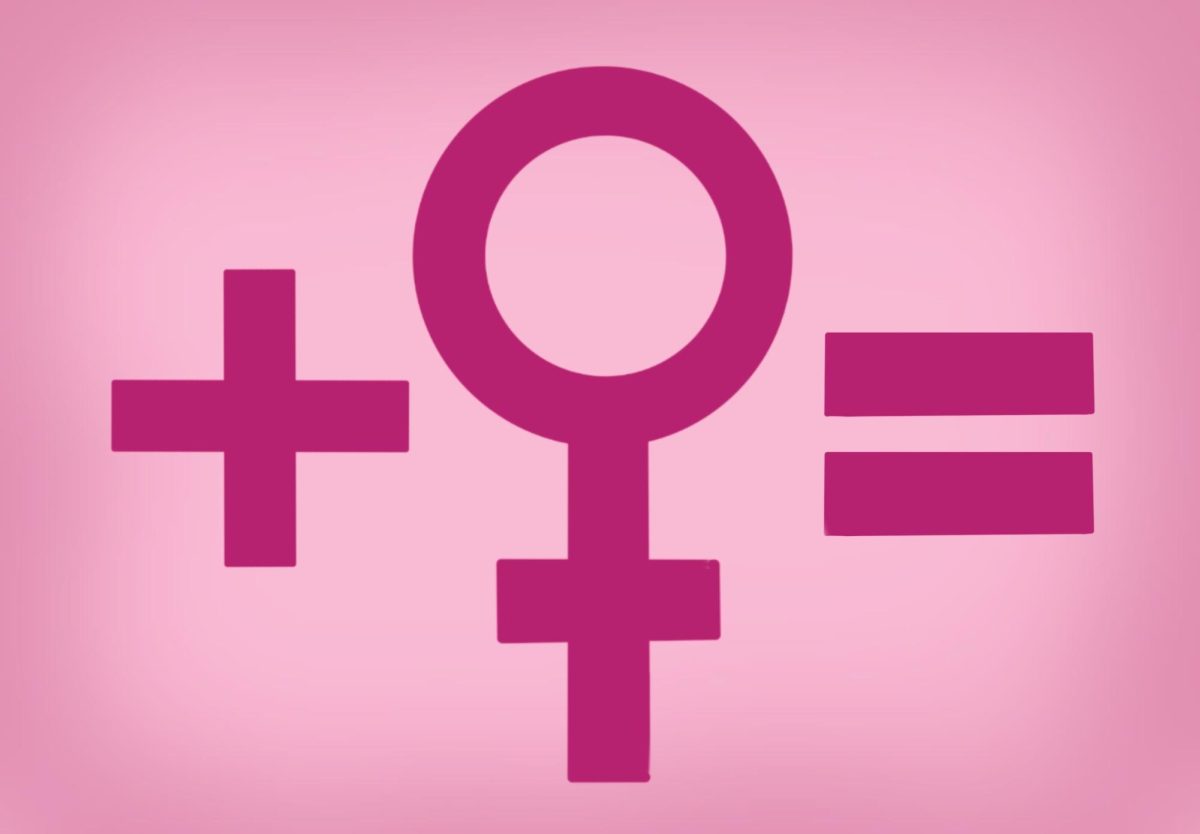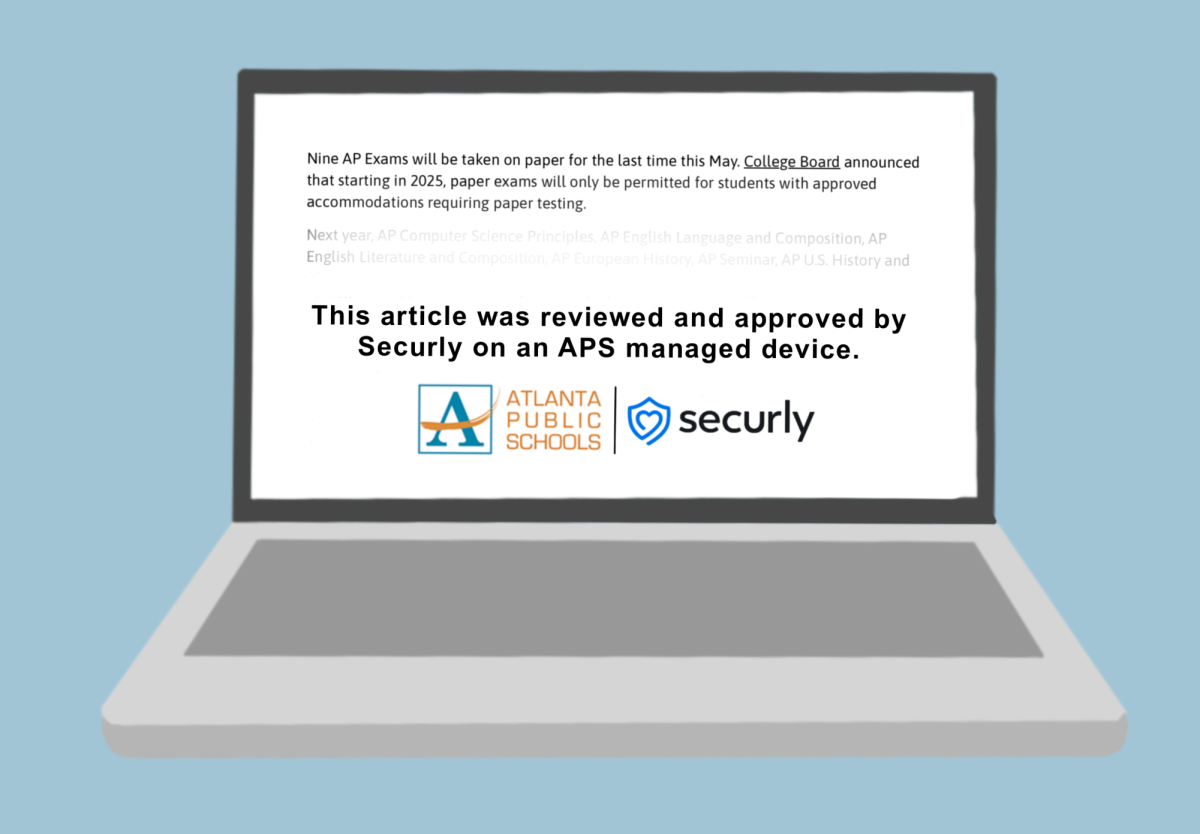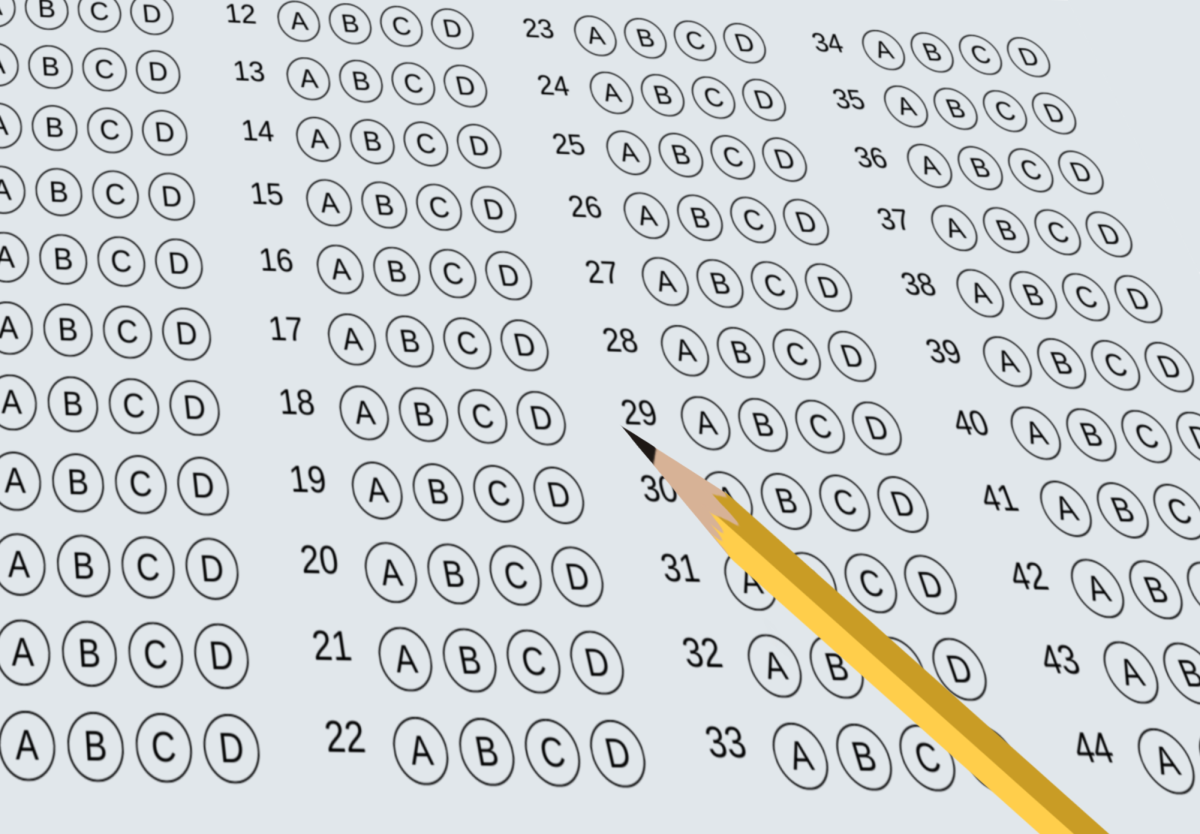Let’s say I buy a 98 dollar pair of jeans, but end up returning them because they don’t fit. According to “girl math,” a social media trend about justifying spending money in funny ways, I’m making 98 dollars due to the return. If I get a facial, I’m investing in my skin and eventually even making money because, in the future, I can spend less money on skincare products.
This illogical logic is the basis of “girl math,” a huge social media trend with over 444 million views on TikTok. “Girl math” is about women justifying their spending in funny ways, but let’s not brush it off as just a laugh. This trend is more dangerous than meets the eye, and it says a lot about how we see women and their relationship with money. Behind the humor lies a troubling stereotype: the idea that women aren’t great with money. By making women out to be clueless spenders, “girl math” reinforces the false belief that women can’t handle their finances.
This misconception is rooted in old-fashioned ideas about gender roles, which is ingrained into our society. Despite a push towards gender equality, women still face barriers when it comes to things like financial education and representation.
Former president Donald Trump, one of the most influential Americans of the 21st century, still argues that the pay gap doesn’t exist, and that it was solved. The gender pay gap – the difference between the earnings of men and women – has barely closed in the United States in the past two decades. In 2022, American women typically earned 82 cents for every dollar earned by men. That was about the same as in 2002, when they earned 80 cents to the dollar.
Spreading misinformation about female financial literacy only hurts women, stalling progress and further perpetuating stereotypes, like the ones perpetuated in girl math. It’s not just about numbers and pay disparity—it’s also about how we see women’s spending habits. By painting women as big spenders who can’t control themselves, “girl math” adds to the idea that women aren’t responsible with money. But that’s not true. Women are just as capable as men when it comes to managing their finances, and in the stock market, are recorded to have, on average, higher returns than men.
Beyond the jokes on social media, “girl math” shows us that there’s still work to do when it comes to women and money. We need better education about finances for everyone, regardless of gender. We need to challenge the idea that women aren’t as good with money as men.
In the end, “girl math” might seem harmless, but it’s part of a bigger problem. By challenging stereotypes and giving women the tools they need to take control of their finances, we can create a future where everyone has an equal shot at financial success.
















